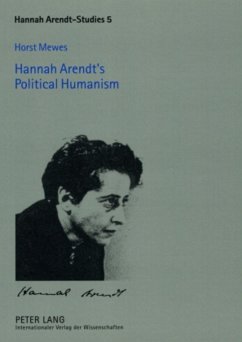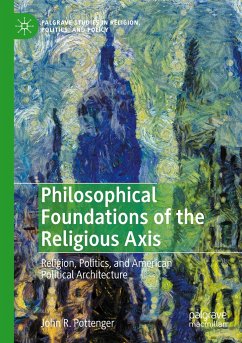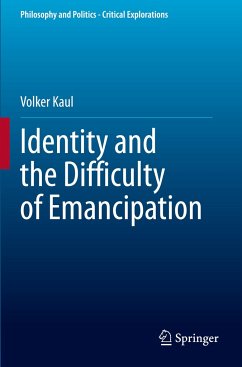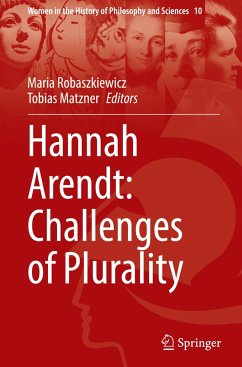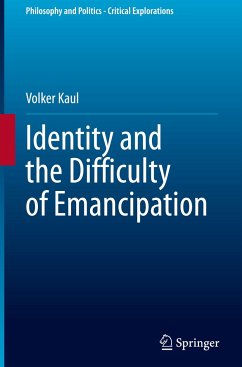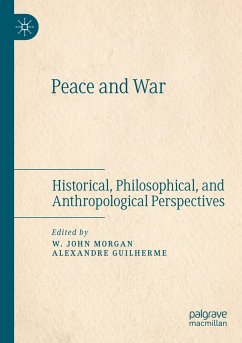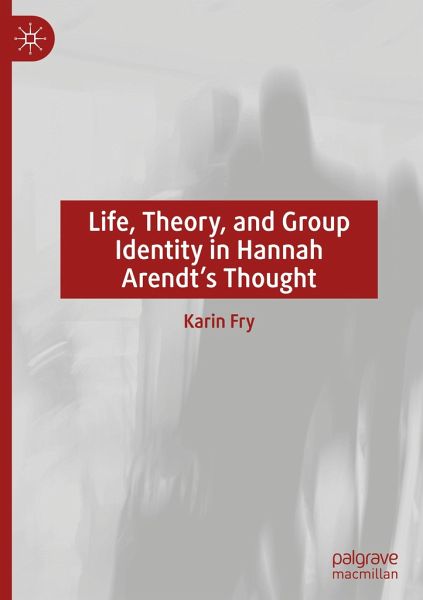
Life, Theory, and Group Identity in Hannah Arendt's Thought
Versandkostenfrei!
Versandfertig in 6-10 Tagen
76,99 €
inkl. MwSt.
Weitere Ausgaben:

PAYBACK Punkte
38 °P sammeln!
Philosophy typically ignores biographical, historical, and cultural aspects of theoriss' lives in an attempt to take a supposedly abstract and objective view of their work. This book makes some new conclusions about Arendt's theory by emphasizing how her experience of the world as displayed in her archival materials impacted her thought. Some aspects of Arendt's life have been examined in detail before, including the fact she was stateless as well as her affair with Heidegger. Instead, this work explores different topics including the biographical and narrative moments of Arendt's own work, th...
Philosophy typically ignores biographical, historical, and cultural aspects of theoriss' lives in an attempt to take a supposedly abstract and objective view of their work. This book makes some new conclusions about Arendt's theory by emphasizing how her experience of the world as displayed in her archival materials impacted her thought. Some aspects of Arendt's life have been examined in detail before, including the fact she was stateless as well as her affair with Heidegger. Instead, this work explores different topics including the biographical and narrative moments of Arendt's own work, the role of archiving in her thought, pivotal events that have not been archived, her understanding of her own identities, and how it affected the role of identity politics in her work. Typically, group action is underemphasized in Arendt scholarship in comparison to individual action and often identity politics questions are considered to lie within the realm of the private. AlthoughArendt's theory is problematic when discussing issues concerning identity politics, she did think identity politics could be public and political and that effective political actions may occur within groups. What makes this project unique are the innovative conclusions made by moving the archival and biographical evidence to the center in order to understand her theory more accurately and within its historical and cultural context. This volume will be of interest to professional scholars in Arendt's work, but also to those who have a more general interest in her life and theory.






